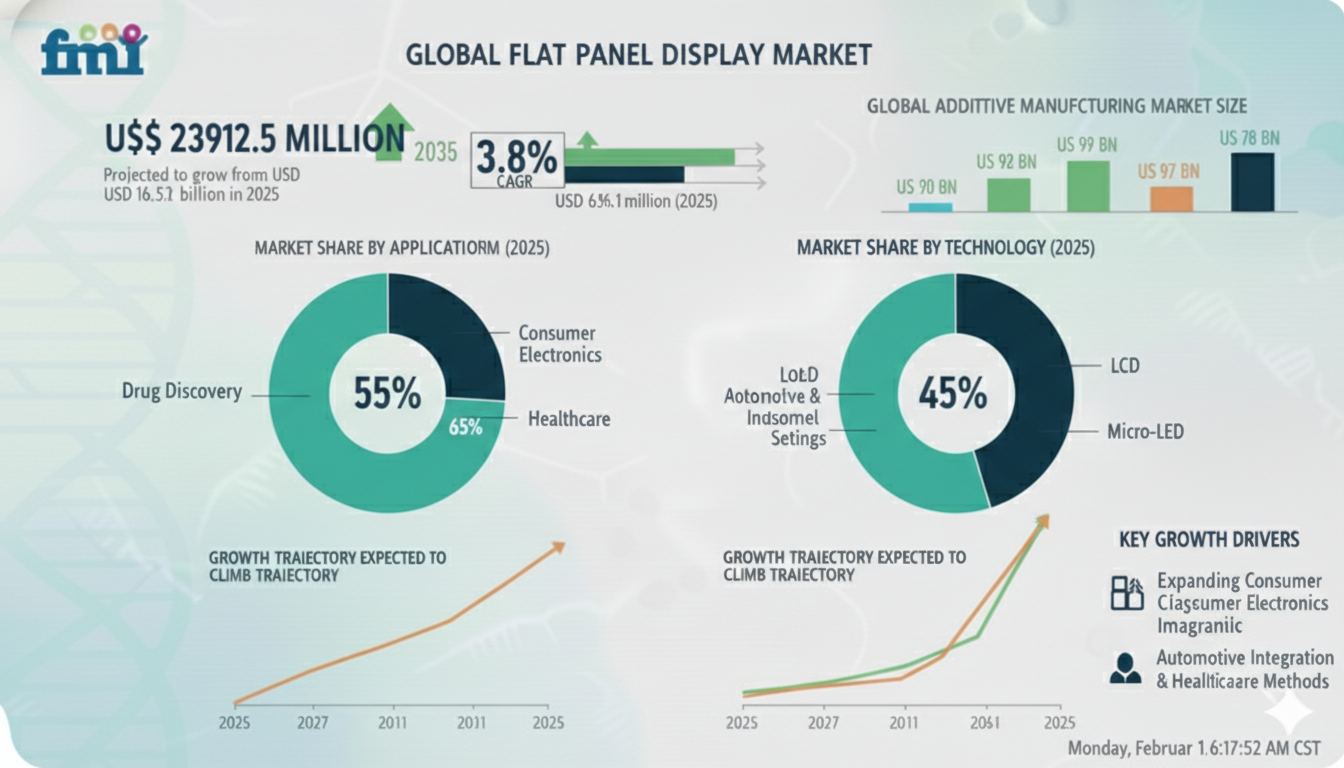
The global automotive connectivity control unit market is projected to experience robust growth over the next decade, with its valuation expected to climb from USD 5,802.3 million in 2025 to USD 15,049.6 million by 2035. This growth trajectory reflects a healthy compound annual growth rate (CAGR) of 10.0%, propelled by the automotive industry’s shift toward digital connectivity, over-the-air updates, and data-driven vehicle operations.
The CCU acts as the central intelligence hub of a vehicle’s connectivity ecosystem, facilitating seamless communication between the vehicle, external networks, cloud infrastructure, and other vehicles (V2X). As cars become more autonomous, connected, and software-centric, the role of the CCU is evolving from a simple telematics gateway to a mission-critical computing node that supports a wide array of services — including vehicle tracking, predictive maintenance, infotainment, remote diagnostics, and cybersecurity.
Get Ahead with Our Report: Request Your Sample Now!
https://www.futuremarketinsights.com/report-sample#5245502d47422d38323632
Key Takeaways
The market is benefiting from a global upsurge in demand for connected vehicles, fueled by consumer expectations for smarter, safer, and more integrated driving experiences. As OEMs transition to software-defined vehicle platforms, CCUs are becoming a key enabler for real-time data exchange, remote feature activation, and continuous software delivery.
Automakers are increasingly standardizing CCUs across vehicle platforms to streamline connectivity architecture and reduce development costs. Additionally, the push for centralized domain control and zonal architecture is prompting a redesign of the in-vehicle network — with CCUs acting as the interface between edge sensors and the cloud.
Emerging Trends in the Global Market
One of the most significant trends in the CCU space is the growing integration with 5G networks, enabling ultra-low latency communication for V2X applications, especially critical for autonomous driving functions. This evolution is also opening doors for new mobility use cases like cooperative driving, smart intersection management, and real-time hazard alerts.
Automotive cybersecurity is another major trend reshaping CCU design. With the growing risk of cyber threats in connected vehicles, CCUs are now being equipped with hardware-based security modules, end-to-end encryption protocols, and secure boot mechanisms to protect vehicle and user data.
There’s also a rapid increase in collaborations between automakers and tech giants or Tier-1 suppliers to co-develop scalable, OTA-updatable CCU platforms. These partnerships are helping accelerate time to market and are offering modular solutions that can support different levels of vehicle connectivity — from entry-level to premium segments.
Significant Developments in the Global Sector: Trends and Opportunities in the Market
The transition toward electric vehicles (EVs) and autonomous driving is acting as a catalyst for CCU deployment, with newer EV models coming equipped with advanced CCUs for real-time energy management, over-the-air diagnostics, and seamless user interface integration across infotainment and mobility apps.
Opportunities abound in developing regions where governments are investing in smart city and intelligent transport systems. The integration of CCUs in public and commercial vehicle fleets, along with regulatory mandates for emergency call (eCall) systems and remote emission monitoring, is expected to further amplify market penetration.
Startups specializing in vehicle communication stacks, edge computing, and embedded AI are entering the space, offering new layers of innovation in terms of feature scalability, data monetization, and cloud interoperability. This is widening the market base beyond traditional Tier-1 players.
Recent Developments in the Market
Recent industry moves include investments in 5G-V2X CCU prototypes, adoption of cloud-native platforms by OEMs for software updates and remote fleet management, and announcements of purpose-built CCUs to support autonomous shuttles and robo-taxis. Companies are also launching next-generation CCUs featuring AI-based decision engines that can dynamically prioritize data packets based on driving scenarios.
Another breakthrough is the shift toward vehicle-as-a-service (VaaS) business models, where CCUs function as the enabler for connected services such as usage-based insurance, subscription-based features, and shared mobility platforms — all of which require reliable and secure connectivity.
Detailed Market Study: Full Report and Analysis
https://www.futuremarketinsights.com/reports/automotive-connectivity-control-unit-market
Competition Outlook
The automotive CCU market is characterized by intense competition and innovation, with established automotive Tier-1 suppliers and emerging technology firms vying for market share. Leading players are focusing on building platforms that support future-ready features such as cross-brand interoperability, AI integration, and robust cybersecurity compliance.
Key players dominating the market landscape include Bosch, Continental AG, LG Electronics, Denso Corporation, Harman International, Visteon Corporation, Marelli, Valeo, and Aptiv. These companies are investing heavily in R&D to enhance performance, security, and compatibility with next-gen vehicle ecosystems.
Key Segmentations
The market is segmented by vehicle type, connectivity type, application, and region. By vehicle type, passenger cars currently account for the majority of CCU installations, while commercial vehicles are expected to show strong growth, especially with fleet connectivity gaining importance.
By connectivity, 4G LTE dominates the current market landscape, but 5G is poised to take over as new vehicle architectures are built with higher data throughput and ultra-reliable low-latency communication in mind.
Applications range from infotainment and navigation to telematics, diagnostics, fleet management, and V2X communication. Among these, telematics and OTA updates remain the core growth areas, especially as digital services become central to vehicle lifecycle management.
Regionally, Asia-Pacific leads due to high automotive production, rapid urbanization, and smart mobility initiatives. Europe and North America follow closely, driven by high-tech adoption rates, safety regulations, and growing EV penetration.
About Future Market Insights (FMI)
Future Market Insights, Inc. (ESOMAR certified, recipient of the Stevie Award, and a member of the Greater New York Chamber of Commerce) offers profound insights into the driving factors that are boosting demand in the market. FMI stands as the leading global provider of market intelligence, advisory services, consulting, and events for the Packaging, Food and Beverage, Consumer Technology, Healthcare, Industrial, and Chemicals markets. With a vast team of 400 analysts worldwide, FMI provides global, regional, and local expertise on diverse domains and industry trends across more than 110 countries.
Contact Us:
Future Market Insights Inc.
Christiana Corporate, 200 Continental Drive,
Suite 401, Newark, Delaware – 19713, USA
T: +1-845-579-5705
For Sales Enquiries: sales@futuremarketinsights.com
Website: https://www.futuremarketinsights.com
LinkedIn| Twitter| Blogs | YouTube




